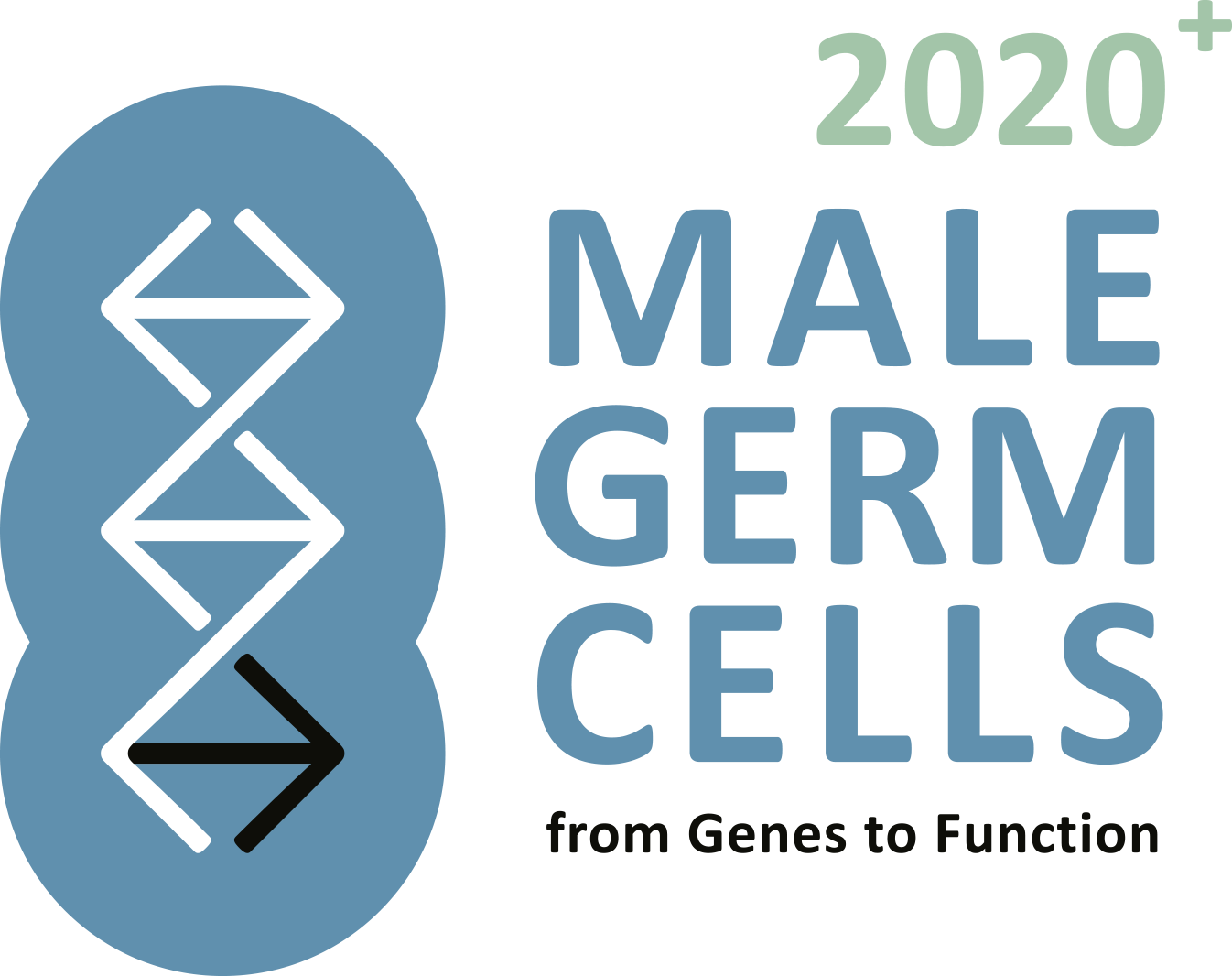P7: Deciphering the FSH signalling network on spermatogenesis
P7 becomes P4 in the CRU renewal application 2020+.
Jörg Gromoll, Centre of Reproductive Medicine and Andrology (CeRA) (Homepage)
The follicle-stimulating hormone (FSH) plays a key role in initiation, maintenance and quality of spermatogenesis. Consequently, treatment of subfertile men with FSH has been tried for many years, but could only improve semen quality and pregnancy rates in a subset of patients. In several studies, we and others have analysed the impact of SNPs in the FSHB (c.-211G>T) and the FSH receptor (FSHR c.-29A>G and c.2039A>G) gene, demonstrating a significant impact of these variants on endocrine feedback regulation, testicular size and spermatogenesis. Although the so far identified SNPs are candidates for clinical decisions on FSH treatment, they only explain a small percentage of FSH serum variation, highlighting the need for further broadening the genetic stratification. We hypothesize that deciphering the FSH signalling network and its interacting genetic variants will identify a subgroup of infertile patients in which spermatogenesis could be stimulated by FSH. Therefore, we will i) conduct GWAS to identify novel genetic variants regulating the FSH network in a highly defined and fully characterized cohort of patients with an amplified effect size followed by a validation study ii) explore the FSH secretagogue and FSHR signalling pathways, and iii) perform functional studies on the identified genetic variants. This interaction of clinical, genetic and experimental research will lead to a defined subset of functional SNPs affecting FSH action on spermatogenesis in infertile men (FSH SNP-panel). The FSH network will decipher the intricate interaction between germ and Sertoli cells. Thus, our study will give important insights into FSH action on spermatogenesis and identify novel endocrine and genetic factors causing male infertility, thereby fuelling the ‘Male Fertility Gene Atlas’. In perspective, this project could provide a treatment regimen for male infertility with improved pregnancy rates and reduced risks for the offspring as well as the psychological and socioeconomic burden of ART treatment.


